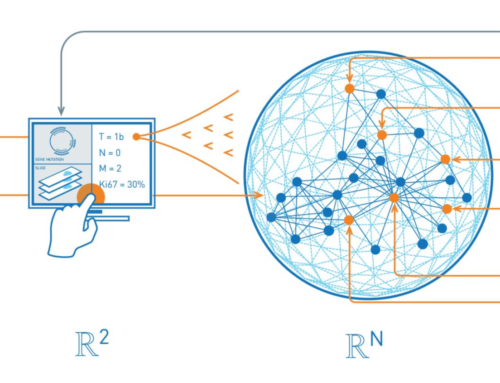Relevance Redaction Case Law:
For the year 2020, courts have issued several instructive orders on eDiscovery issues. These orders cover topics ranging from metadata production and technology-assisted review to cost shifting and sanctions. A few of the most compelling topics addressed by recent cases were native productions of Excel spreadsheet without relevance redactions, an ESI sanctions order that rejects judicial reliance on inherent authority in favor of Federal Rule of Civil Procedure (FRCP) 37(e), and the impropriety of Federal Rule of Civil Procedure (FRCP) 502(d) non-waiver orders that results in the compelled production of privileged information. This post will focus on relevance redaction.
Standard practice in the eDiscovery world is for responding parties to produce relevant Excel spreadsheet in native format. This is a common practice as it allows requesting parties to analyze and understand the contents of the Excel document. However, responding parties occasionally balk at handing over these native documents if they contain sensitive, non-responsive information unless the information can be redacted. The Corker v. Costco Wholesale case shines a light on this issue. In this case, the defendant declined to produce a native Excel spreadsheet. The defendant contended that producing the spreadsheet would expose irrelevant, commercially-sensitive information to the plaintiff who an industry competitor. Instead of the native spreadsheet, the defendant produced summary documents. The defendant then provided the plaintiff with a 2,269 page PDF version of the spreadsheet redacting any irrelevant sales information. The court rejected the heavily redacted PDF and ordered the defendant to produce the spreadsheet in native format. The court agreed that the defendant could redact some commercially-sensitive information, but that the redacted content could be viewed by the plaintiff’s counsel according to the protective order’s “attorneys-eyes only” provision. The court explained that case authority usually banned an absolute relevance redaction of this type of content and stated the defendant had not demonstrated why they should be permitted to redact the information on relevance grounds. What the court failed to do was fully comprehend that commercially-sensitive information could still be misappropriated despite the “attorney-eyes only” restriction. Relevance redactions are the only way to accurately safeguard commercially-sensitive information from being mishandled and protect personal data from unauthorized disclosures.
For more Tidbits & Thoughts, please click here.






